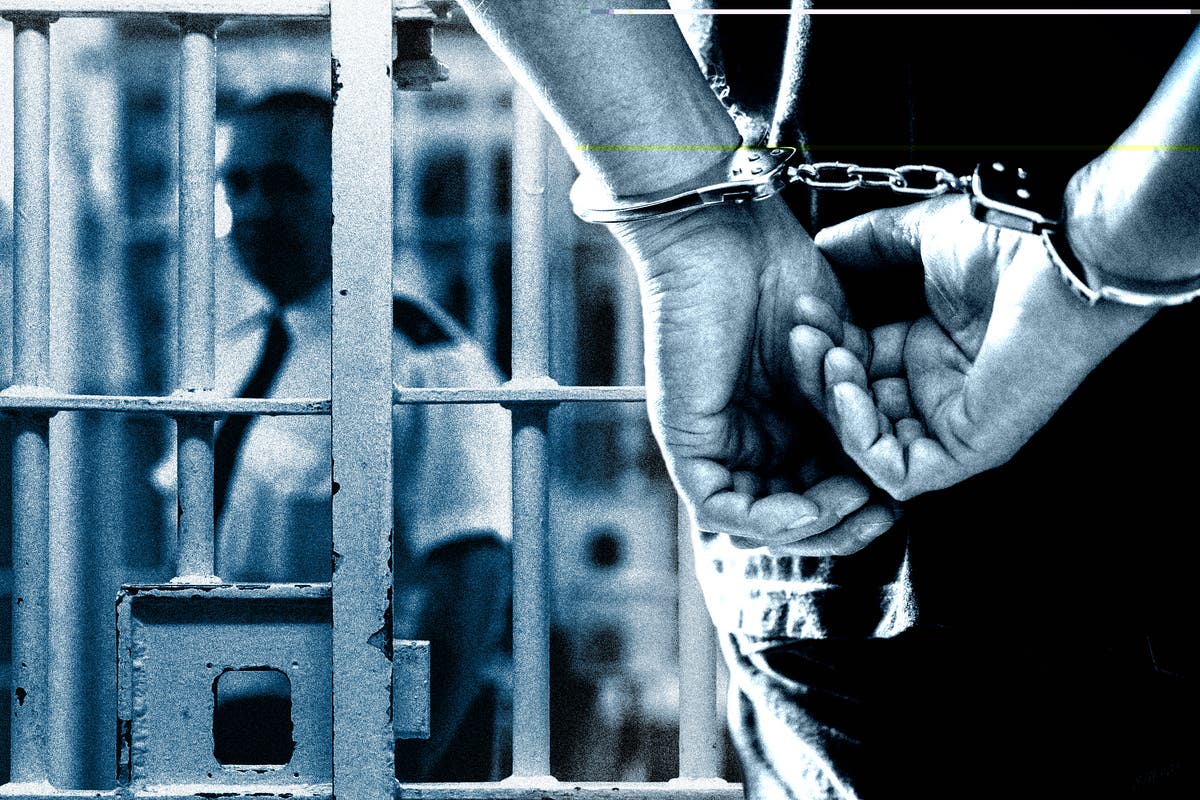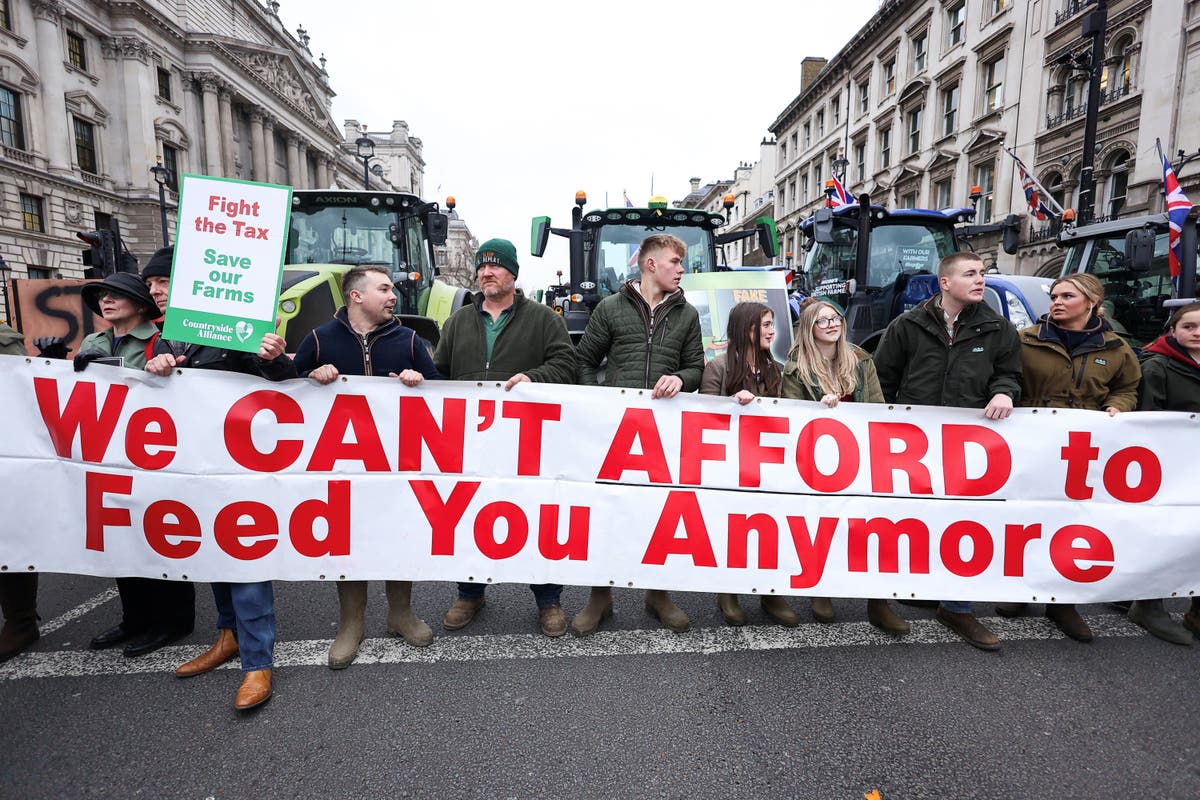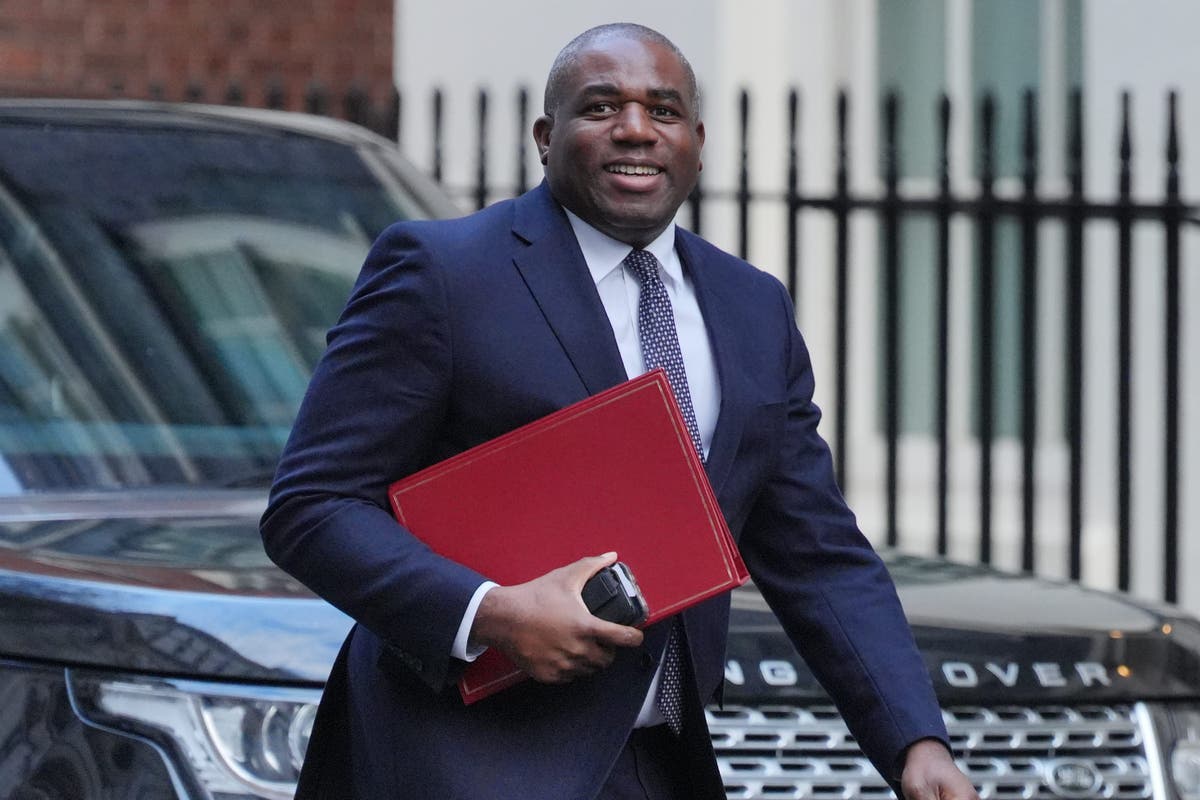The UK government has rejected the transfer of 128 prisoners serving indefinite Imprisonment for Public Protection (IPP) sentences to open prison conditions in the past year, despite recommendations from the Parole Board. This decision has sparked criticism from politicians and campaigners, who argue it reinforces the hopelessness felt by those serving these abolished sentences.
The figures reveal that the Justice Secretary has frequently overruled Parole Board decisions, denying IPP prisoners, who have been deemed suitable for a lower security environment, the chance to move to open prisons. These prisoners are often eligible for day release, a crucial step towards reintegration. This has led to accusations that the government is undermining the Parole Board's role when it is convenient to do so.
This move has drawn strong criticism because IPP sentences, abolished 12 years ago over human rights concerns, continue to keep more than 2,600 individuals in prison with no fixed release date. Cases highlighted by The Independent include individuals such as James Lawrence, imprisoned for 18 years after an eight-month term and Thomas White, who self-harmed in protest after 12 years for a phone theft. At least 90 IPP prisoners have died by suicide, highlighting the despair these sentences cause.
While Prisons Minister James Timpson maintains that release decisions should rest with the independent Parole Board, data shows the government rejected 61% of transfer recommendations in the last year. The situation worsened in early 2024 when the previous government rejected all recommended transfers. Although the rate has improved slightly since July, 45% of transfers were still blocked in the final six months of 2024.
These refusals have drawn concern given a review of sentencing policy, by former Justice Secretary David Gauke, which suggests a move to open prisons to address overcrowding and better prepare inmates for release. He emphasizes the financial benefits and reduction in reoffending, highlighting a disparity with countries like Spain that make greater use of open prisons.
The government's decision to block transfers has heightened the sense of injustice and desperation among IPP prisoners. Marc Conway, a reformed IPP prisoner, stated that the government's actions reinforce the feeling that IPP is a sentence of no hope and further dehumanizes inmates. Nicholas Bidar, an IPP prisoner, who had his parole hearing in public, was devastated when his open prison transfer was blocked, leading to feelings of hopelessness.
Bernadette Emerson, whose husband Abdullahi Suleman remains in prison for a laptop robbery after 19 years, underscores that the blocked transfers demonstrate how IPP prisoners feel trapped with “no chance whatsoever” of moving forward. Her sentiments are shared by many of the prisoners and their families who feel the justice system has failed them.
In response, the Ministry of Justice stated that it has terminated the lifetime licenses of over 1,700 rehabilitated offenders and is improving mental health support for those still in prison. They added that the Lord Chancellor considers the Parole Board’s recommendations but prioritizes public safety.







